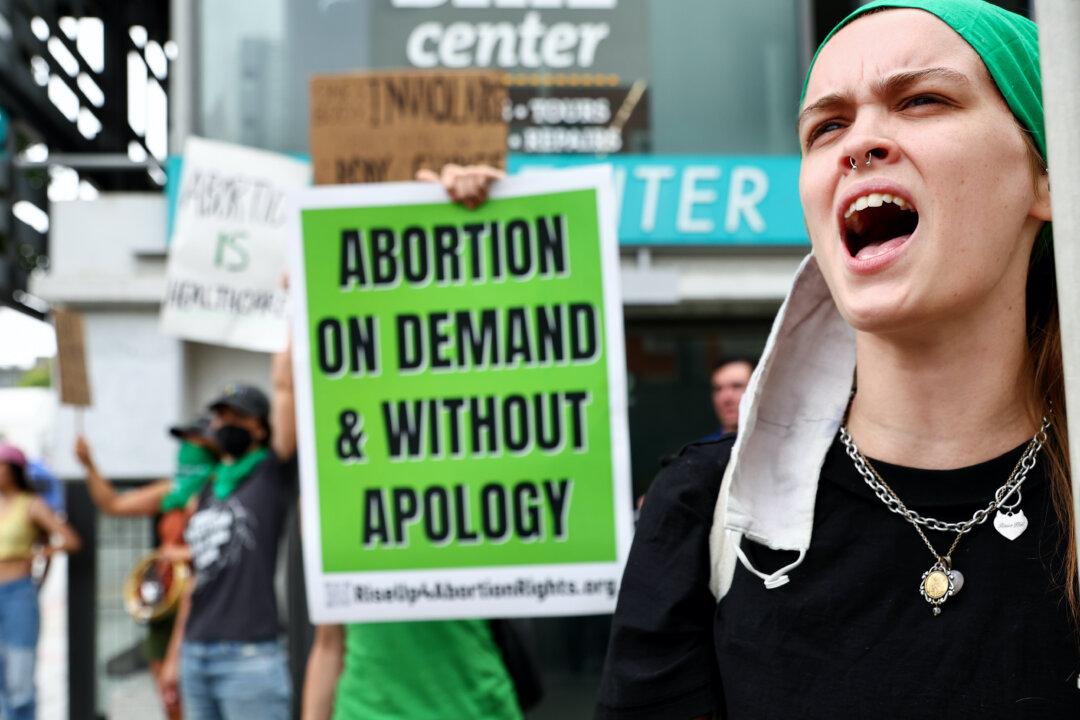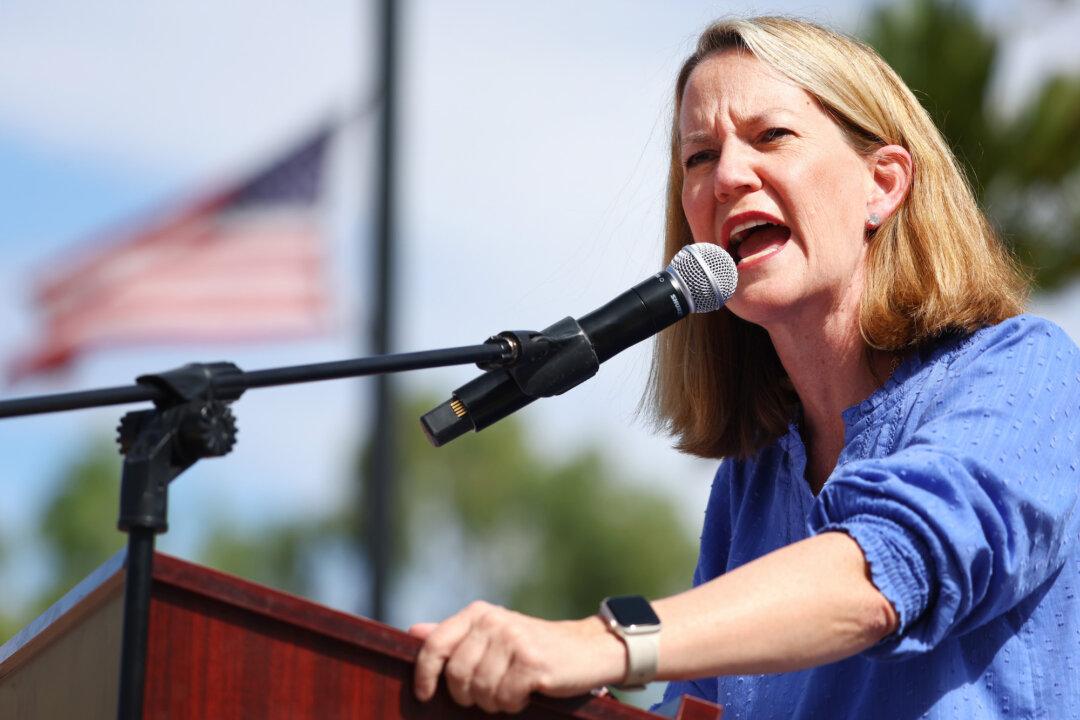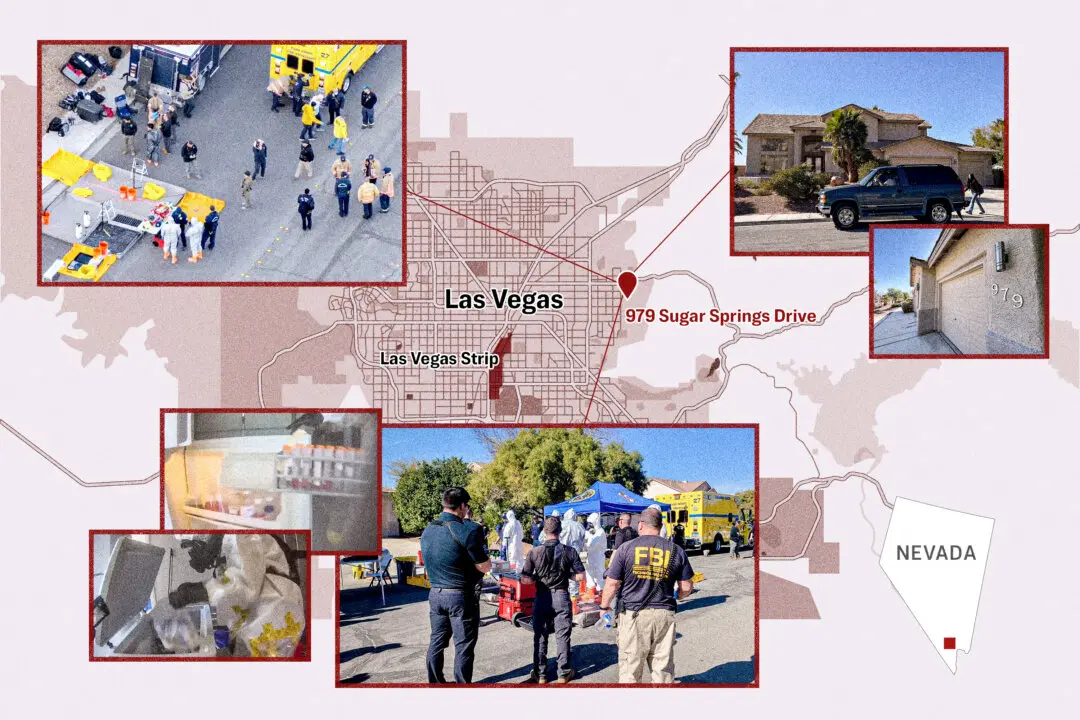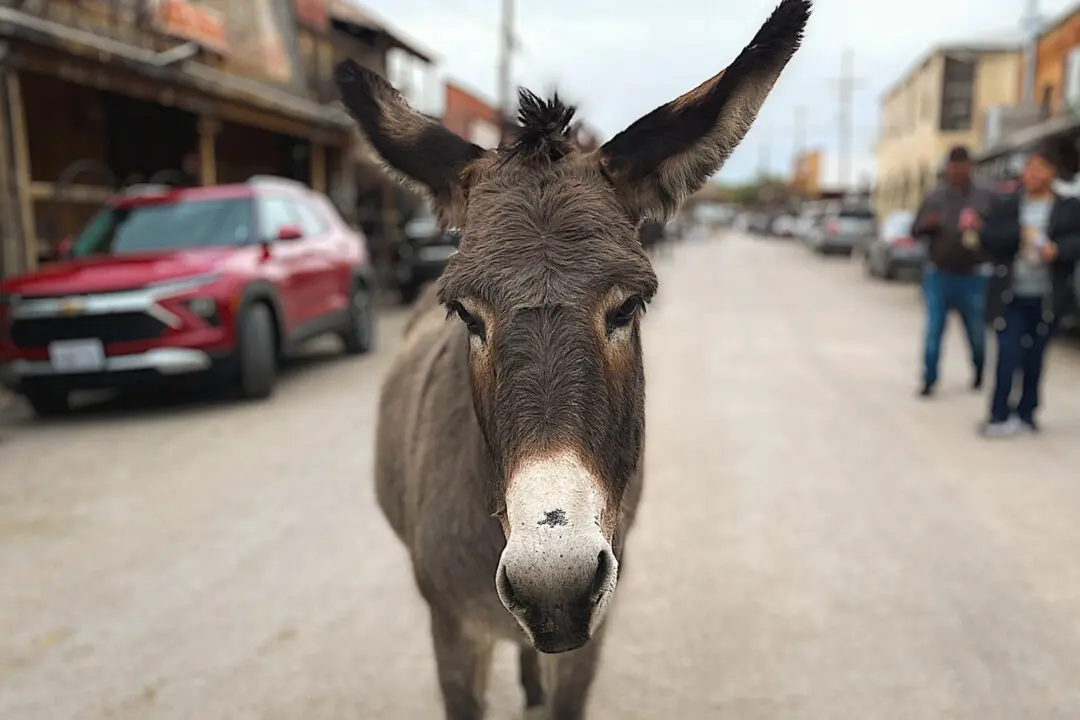Idaho Gov. Brad Little signed a law on April 5 making it a crime to transport minor girls across state lines to get an abortion without parental knowledge and consent.
The law, which takes effect in 30 days, doesn’t infringe on an adult woman’s ability to seek an abortion in another state, Little said in a letter to Idaho House Speaker Mike Moyle.





